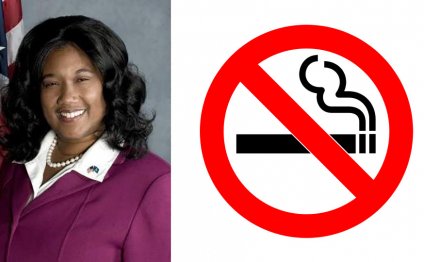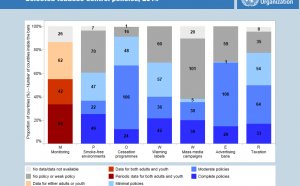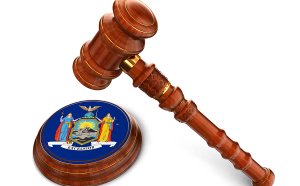
Non smoking laws
The scientific evidence is clear: Secondhand smoke causes serious diseases and premature death among nonsmokers.
These laws protect everyone's right to breathe clean air.
There has been enormous progress in the United States, and a growing movement globally, to enact strong smoke-free laws:
In the U.S., 30 states, Washington, D.C., Puerto Rico and the U.S. Virgin Islands, plus hundreds of cities and counties, have enacted strong smoke-free laws that include restaurants and bars. The states are: Arizona, California, Colorado, Connecticut, Delaware, Hawaii, Illinois, Iowa, Kansas, Maine, Maryland, Massachusetts, Michigan, Minnesota, Montana, Nebraska, New Hampshire, New Jersey, New Mexico, New York, North Carolina, North Dakota, Ohio, Oregon, Rhode Island, South Dakota, Utah, Vermont, Washington and Wisconsin.
A growing number of countries have also passed strong smoke-free laws. These include: Bhutan, Chad, Colombia, Djibouti, Guatemala, Guinea, Iceland, Iran, Ireland, Lithuania, Marshall Islands, Mauritius, New Zealand, Norway, Panama, Turkey, Tuvalu, the United Kingdom, Uruguay and Zambia. All Canadian provinces/territories and Australian states/territories have enacted such laws.
Secondhand smoke causes lung cancer and heart disease in non-smoking adults. Among babies and children, it causes sudden infant death syndrome (SIDS), low birth weight, respiratory and ear infections, and more severe asthma attacks.
There is no safe level of exposure to secondhand smoke. Even brief exposure can trigger harmful changes in the cardiovascular system that increases risk of heart attack or stroke.
In the U.S., secondhand smoke kills about 50, 000 people each year, according to the U.S. Centers for Disease Control and Prevention. Worldwide, secondhand smoke kills more than 600, 000 people each year, according to a 2010 study by the World Health Organization.
Public health authorities have concluded that the only way to protect nonsmokers from secondhand smoke is to require completely smoke-free workplaces and public places. Other approaches, such as air ventilation systems and separate smoking and non-smoking sections, do not eliminate exposure to secondhand smoke. Numerous scientific studies have also documented that smoke-free policies do not have an adverse economic impact on the hospitality industry (see our Fact Sheet: Smoke-Free Laws Do Not Hurt Business at Restaurants and Bars).
VIDEO REVIEWS
![[Law 174 No Smoking Lebanon]: Funeral Procession for May](/img/video/law_174_no_smoking_lebanon_funeral.jpg)
![[Law 174 No Smoking Lebanon] Lebanese Doctors Violate](/img/video/law_174_no_smoking_lebanon_lebanese.jpg)

Share this Post
Related posts
Non smoking States
Most states have some laws that protect smokers from discrimination. However, due to the health hazards related to smoking…
Read MoreState smoking laws
WASHINGTON, D.C. - Utah remains the state with the lowest percentage of smokers (12.2%), a distinction it has held since…
Read More










